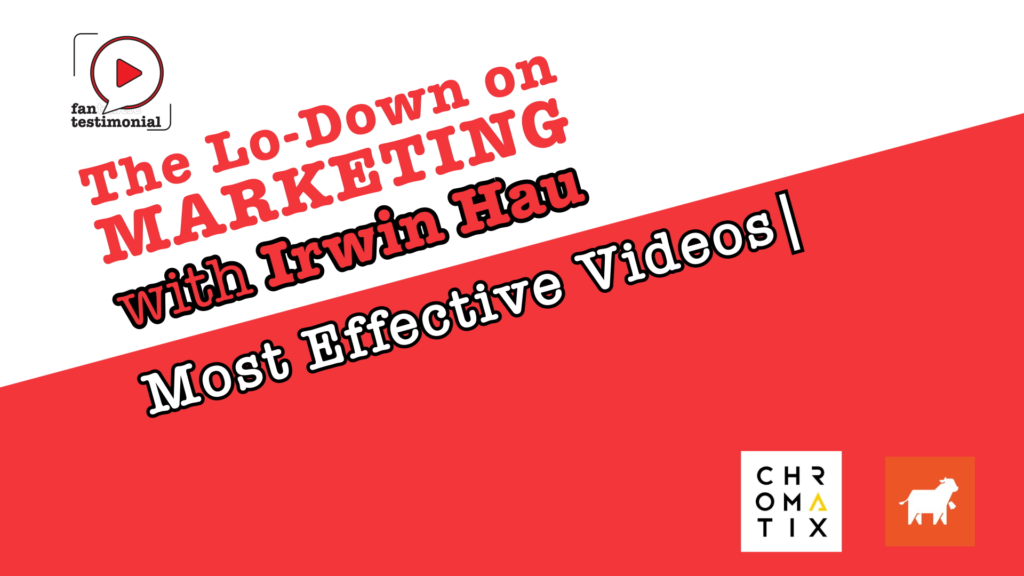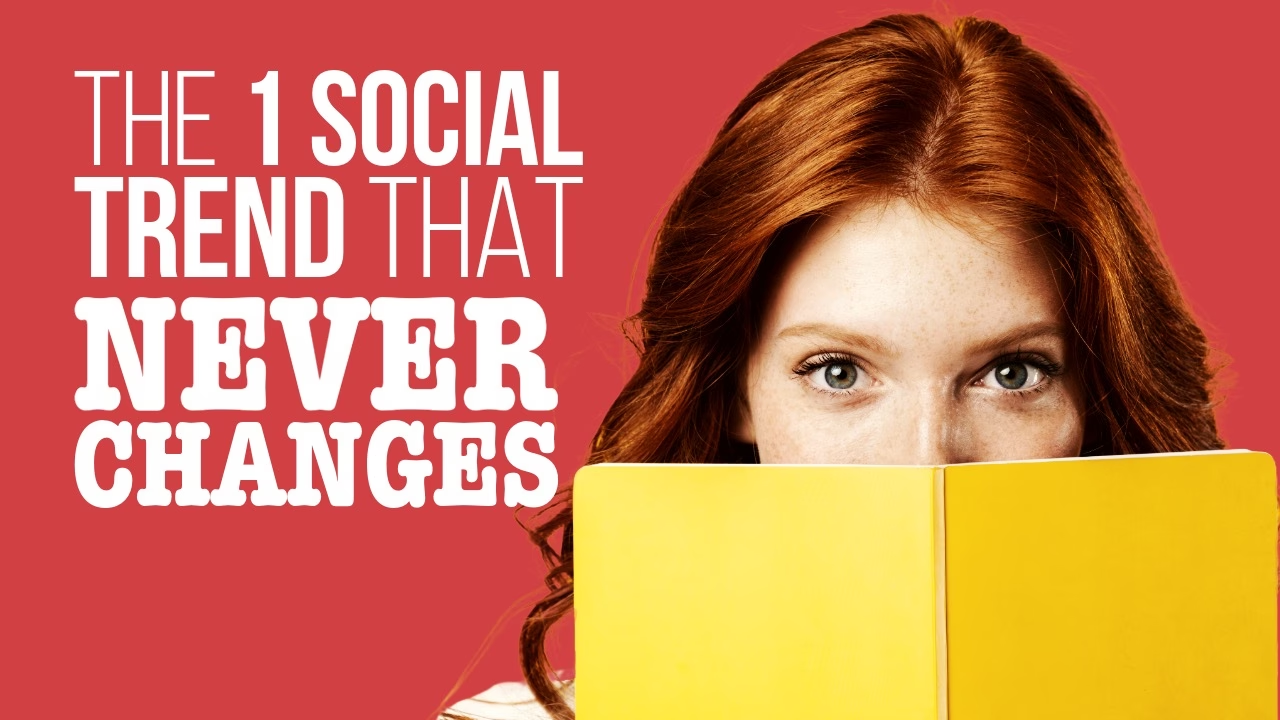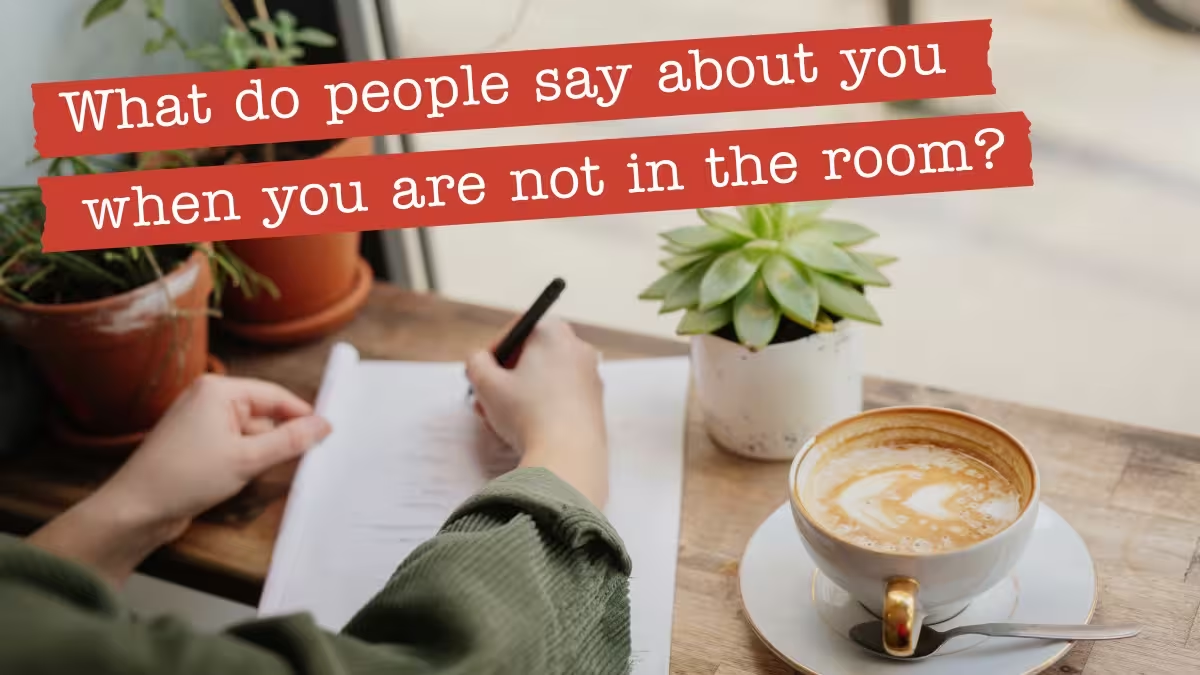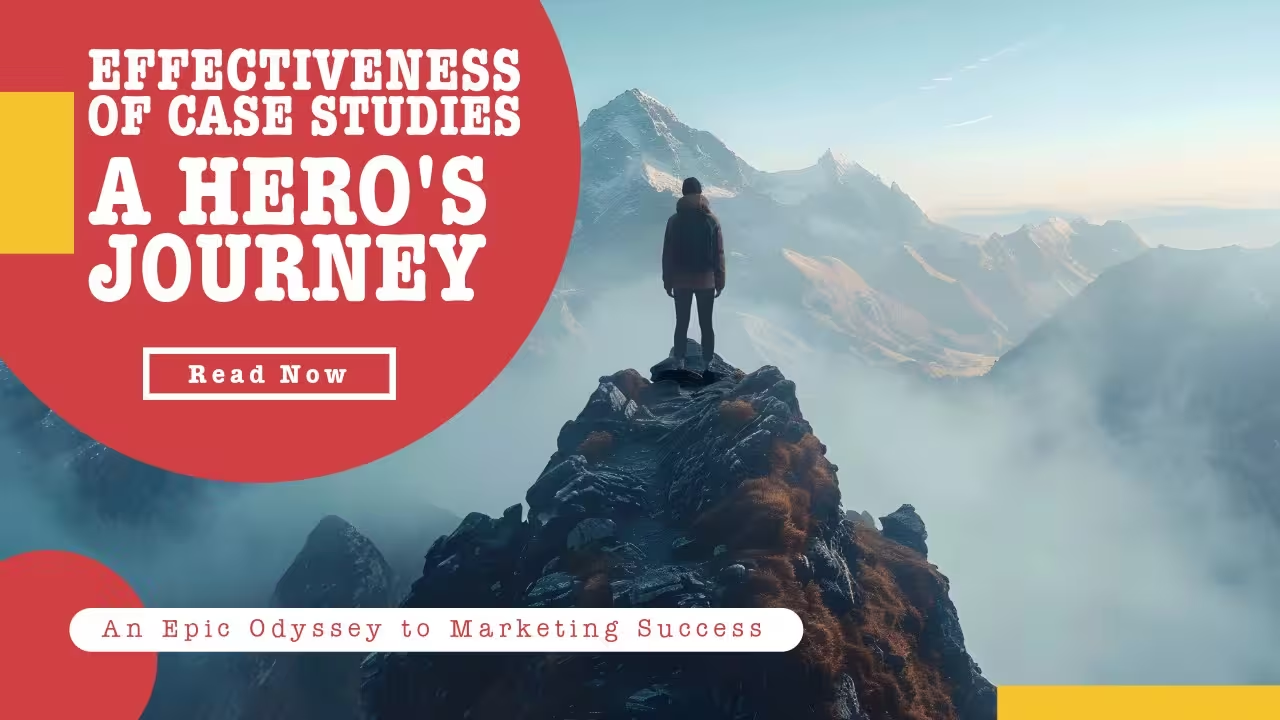In this conversation, we talk about the key components of a Testimonial Video. At its heart, video testimonials work in marketing because we are always marketing to humans
For those who prefer to read, here’s the transcript below:
Francis: You mentioned that videos get the most attention, followed by images, and then text. From your experience and perspective, what kind of videos work the best?
Irwin: Yeah. And by the way, I just want to make a disclaimer, because I know someone out there is going, “Irwin, headlines that are in text do better than videos, because if I don’t play the video or image, it doesn’t work.” I totally understand. But I’m just saying in terms of awareness, usually colors get someone a bit more than black or white, based on our experience with our clients. But all forms are important, I think. I just want to disclaim that everything is important when working together.
What kind of videos work best?
I’ve found that the videos that work best are a blend of good testimonials, multiple testimonials. So it’s not just one person speaking, but also a good smattering of B-roll or images in the background that show three things: people, place, and product. It’s not just about the person. It’s those three things combined together. And there’s actually sharing of heart, because the truth is, in an AI world, we are not lacking in content. We are lacking in being genuine.
It’s going to get worse. I saw some AI create pictures of people like models. They look so real. Even I don’t know who to believe, if they’re real or not. So I think it’s that kind of thing that I want people on this podcast to hear. We need to make sure that we are as genuine as possible, as real as possible, and as professional as possible, using that combination of people, place, and product with that kind of personal sharing. Not just stories or what I call, a lot more to do with storytelling as opposed to just product, just laying out facts and figures.
Francis: It needs to tell genuine stories about how something—your product or service—has actually helped the other person improve, do something better.
Irwin: Like I said, results and benefits are what people care about. At the talk I did last week at a conference, I was saying, and unfortunately, I have to be really brutally honest: when someone comes to a website, no one actually cares about you, your brand, or what you do. They don’t care about your products, its cool features, or any of your R&D that you’ve done over the years and spent loads of money on. All they really care about is that they have a problem, and you offer a solution. You just need to prove you are the solution by showing and demonstrating the results and benefits of that solution, proven because X, Y, and Z have used it.
That’s all it is. And so, on these videos, we talked about the formatting, but in terms of the content, what is said is personal. It’s really the before, the after, and the results. That is the heart of every video and a really good video done in a personal, genuine, heartfelt way.
Francis: Obviously, you work in the B2B space, and a lot of people think, “Oh, case studies, testimonials, reviews are more for B2C.” But look at Stanley Cups being the best case study—they went from zero to superhero in a short span of time. Do you feel that there’s a need, even for B2B, for good, genuine, heartfelt stories in videos, through testimonials, case studies, and reviews?
Irwin: The truth is, hearts are a human being thing. I actually don’t like the words B2B or B2C sometimes because the truth is, it should be called B to H—business to human—because we’re human beings. Human beings engage in both an emotional and logical method. Therefore, we need both to address the two to get someone to do something. So, is the importance of B2B or B2C?
My question is actually another question to that question: are you marketing to human beings?
If you are, then absolutely. We need to be genuine. We need to show emotion and remember that information times emotion equals long-term memory.
So, is it important? Absolutely.




